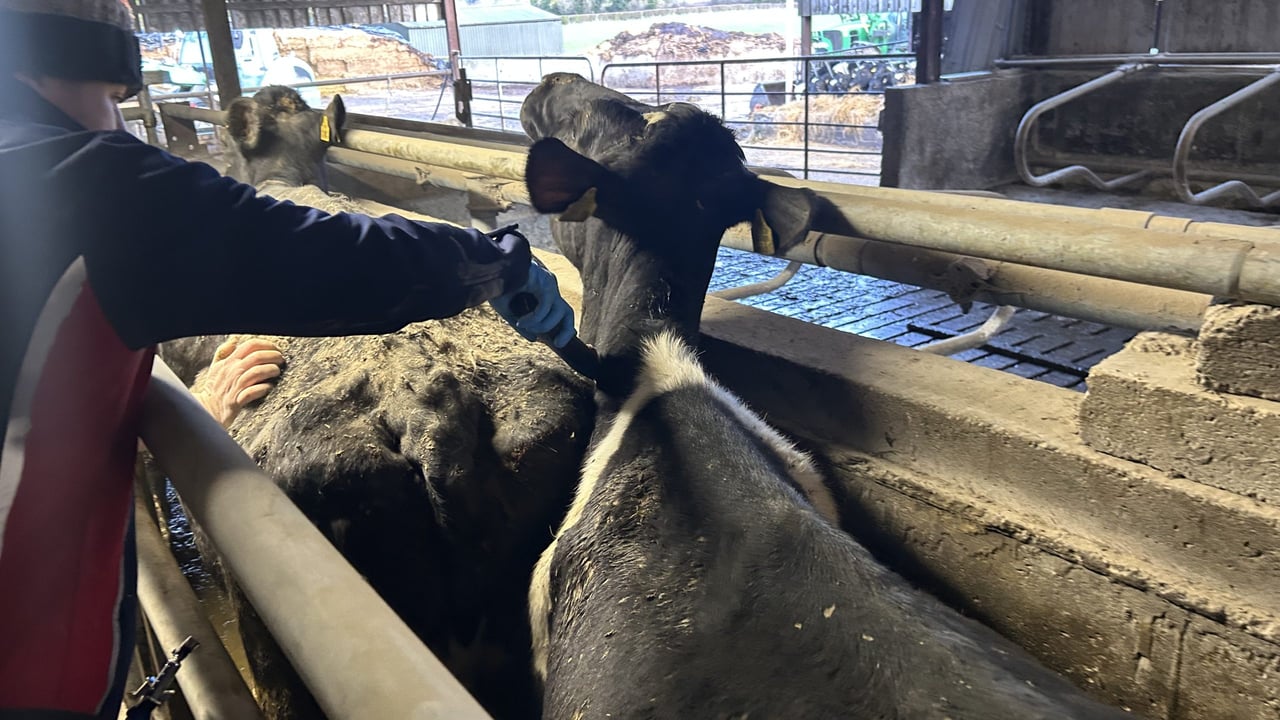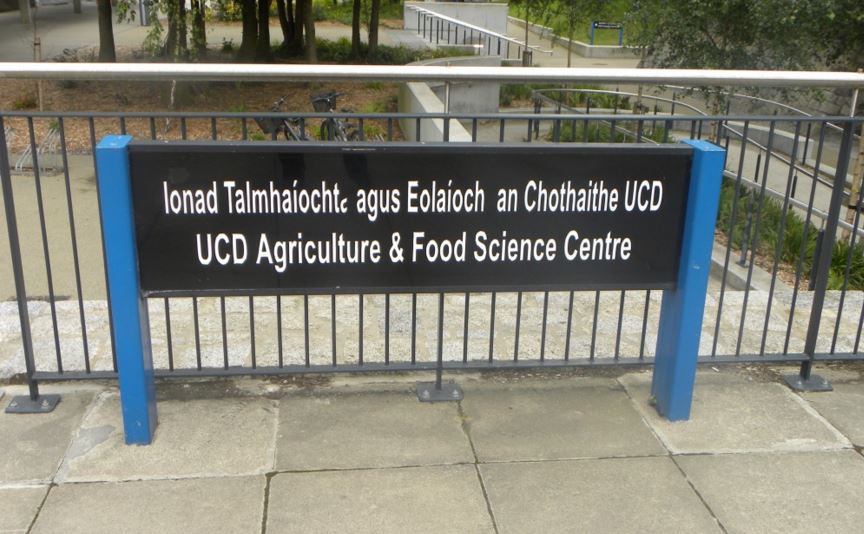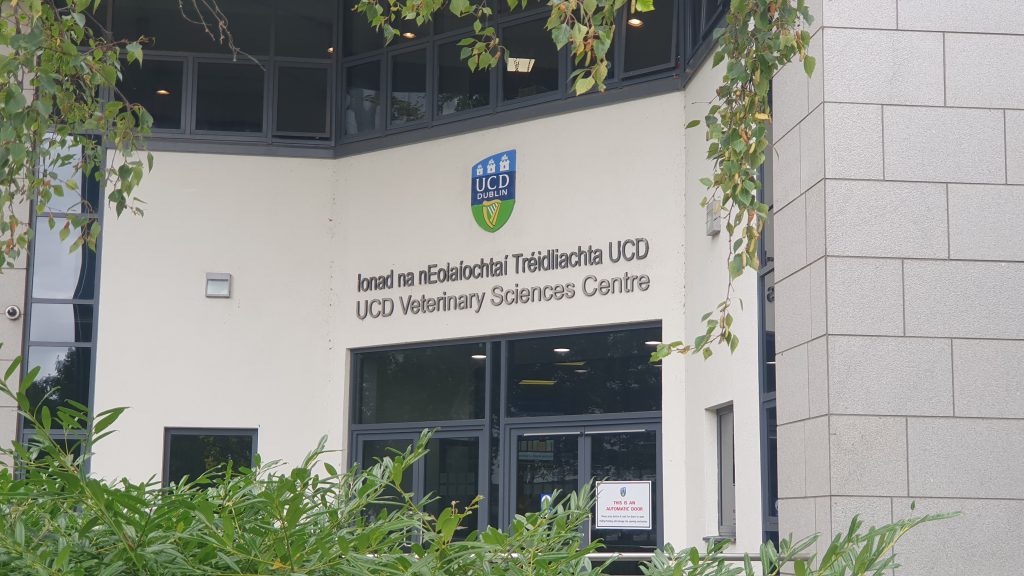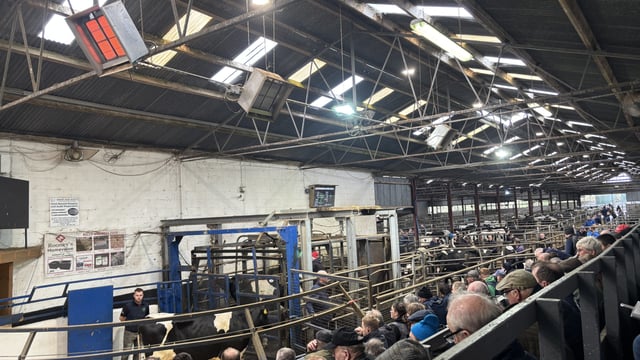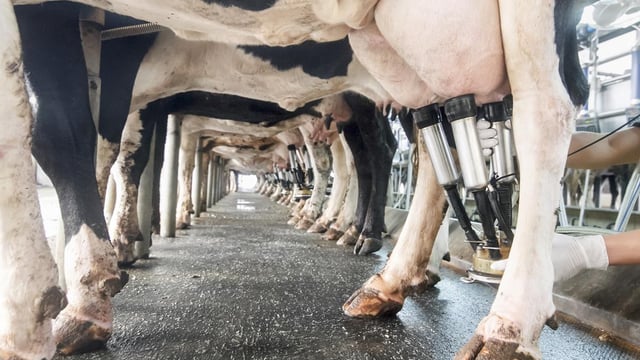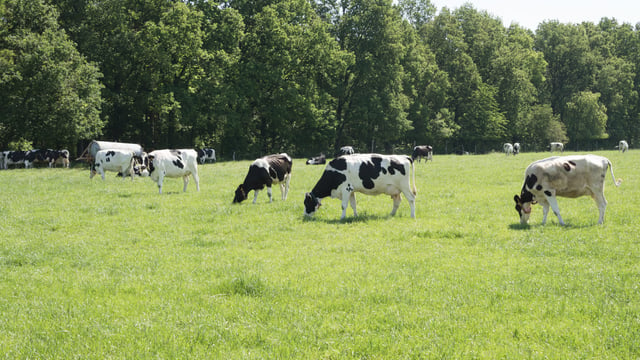UCD research could reveal why some TB animals go undetected
When it is said that a cow has 'good genes' for a trait like milk production, it is referring to its DNA - the sequence of letters that forms the genetic makeup.
Some cows, for instance, carry DNA sequence variants in genes that specify more of certain proteins such as casein, resulting in higher milk solids.
In the same way, when scientists study disease, they often look for genes that contribute to stronger immune systems to fight off infections.
Identifying these genes can assist in breeding healthier livestock and guide the development of new treatments.
However, biology is rarely that simple. Having the 'right' genes is not always sufficient - those genes must also be switched on or off at the right time.
Epigenetics and TB
One of the processes that controls whether a gene is active or inactive is epigenetics.
The sum of all epigenetic changes across an animal's genome (referred to as the epigenome) is dynamic and can be shaped by factors such as stress, nutrition, environment, and disease.
Many physiological processes in animals - such as milk production - are turned on and off multiple times throughout life, meaning the underlying genes are continuously epigenetically regulated.
Researchers at University College Dublin (UCD) have been investigating how these molecular 'switches' operate in cattle affected by bovine tuberculosis (bTB).
A recent study led by Prof. Kieran Meade at UCD School of Agriculture and Food Science revealed significant differences in the epigenomes of cattle with and without bTB.
These differences appear to influence how the immune system functions to control disease.
Currently, bovine TB testing relies on measuring the animal’s immune response to the tuberculin skin test on-farms and the laboratory-based whole-blood gamma interferon assay.
Animals that react positively to these tests are commonly known as 'reactors'.
But in a recent review, Professors Eamonn Gormley, David MacHugh and Meade from UCD’s Schools of Veterinary Medicine and Agriculture and Food Science report that, in some cases, the DNA controlling the genes that respond to the tests can be switched off or suppressed by epigenetic mechanisms which may affect the diagnostic sensitivity of the bTB tests.
Elsewhere, studies have shown that mycobacterium tuberculosis, the bacterium that causes TB in humans, can also manipulate the host’s epigenome to weaken immune defences - helping the infection persist.
If a similar mechanism occurs in bTB-infected cattle, it could explain why some infected animals go undetected with the current tests.
If key immune genes are epigenetically silenced, those animals may fail to mount the expected immune response - and therefore test negative for bTB despite being infected.
These residual infected animals may then act as an undisclosed source of infection for other animals in the herd and lead to prolonged herd bTB breakdowns.
While much work remains to be done, exploring how the epigenome shapes immune function could offer a powerful new approach to understanding - and ultimately defeating - bovine TB.

